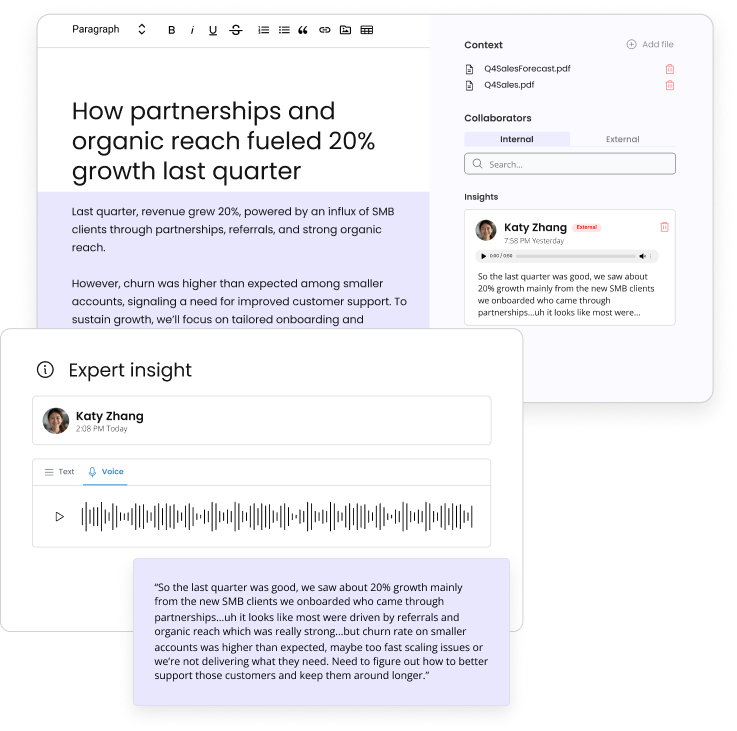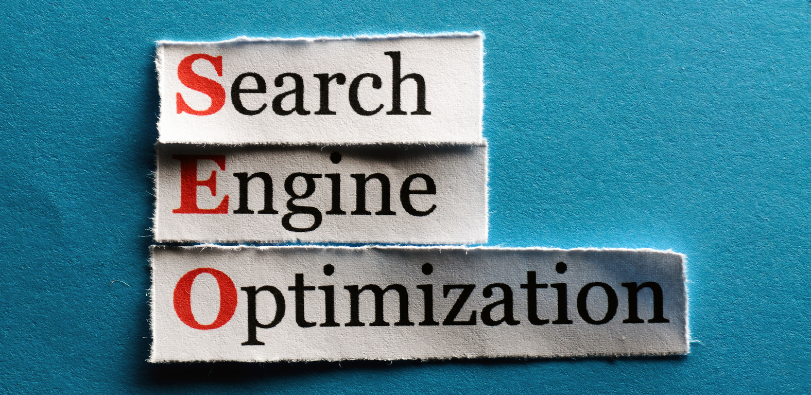Table of Contents

Authority scales when expertise comes first
Wordbrew helps teams collect expert insight before AI ever writes a word.
Built for expert-led, review-safe content
- Home
- »
- Content Marketing
- »
- Content Marketing vs. Advertising: Which is Best for Your Business?
-
Wordbrew
- 2 minutes read time
Content Marketing vs. Advertising: Which is Best for Your Business?
- Home
- »
- Content Marketing
- »
- Content Marketing vs. Advertising: Which is Best for Your Business?
Content Marketing vs. Advertising: Which is Best for Your Business?
Table of Contents

Are you wondering how best to flesh out your marketing strategy? Should you be investing your time, energy, and money into paid advertising or content marketing?
Here’s what you need to know about each and how content marketing might be the better solution for long-term business growth.
SEO Vs. Paid Ads. What Is The Difference?
Paid advertising promotes a specific product or service. You pay to get your advert in front of a relevant audience at the top of the Google SERPs. It can be an effective – but costly – way of ramping up leads and sales over a short period.
If you pursue a content marketing strategy, you will be targeting keywords that organically drive your pages to the top of the Google SERPs. While this approach may yield results more slowly, it has increased longevity. Once you have secured organic listings, you won’t be paying per click, instead of letting the content do the work for you. Consequently, content marketing is one of the most cost-effective marketing strategies available.
Paid search marketing promotes your products. Content marketing builds long-term relationships with your audience.
Content Marketing For Business Growth
Content marketing is effective because it addresses a genuine need rather than just putting your product in front of someone who may or may not want it. By sharing quality, informative, and useful content with your audience, you position your brand as the one that can provide the solutions to their problems. It is a powerful marketing strategy for sales.
Your content is a platform to air your brand values and build emotional connections with your audience. You can position your brand as a leading industry expert and drive an all-important sense of trust. Trust will ultimately encourage your audience to become your customers.
Content marketing helps you become a trusted brand. Which in turn increases sales, conversions, and customer retention in the long term.
How Effective Is Content Marketing?
Here are the stats that count.
- According to Content Marketing Institute research, 72% of marketers report that content marketing increases engagement and leads.
- Around 200 million people now use ad blockers online. Bad news if you rely solely on paid advertising to promote your brand. Content marketing helps you reach your audience.
- 95% of people only look at the first page of Google results. Quality content helps customers see your brand.
Of Course, Paid Search Marketing Has Benefits Too
259 million unique visitors use Google every day, so if you’re going to pay to advertise your brand, there is nowhere better. Google knows that too and will display up to four adverts before the first organic search result on its SERPs.
So, even if your SEO is spot on, you’ll never have the first Google listing unless you pay. And that crucial first listing takes over 25% of clicks.
So, Which Is The Better Marketing Strategy?
Ultimately, a highly effective marketing strategy uses elements of both approaches. You’ll want paid adverts to ensure your products take advantage of the top listings in the Google SERPs. But, you also need a solid content marketing strategy working alongside it to build trust, engage your customers, and drive conversion and sales.
Need help putting your content strategy together? Let Wizeo match you with the writing wizards that can conjure up the SEO magic you need.